Birds are beautiful and fascinating creatures that bring joy and companionship to many households. However, when a bird owner notices their feathered friend shaking or trembling, it can disrupt this joy.
So, why is my bird shaking? Various medical conditions, including neurological conditions, infections, metabolic disorders, and cardiac diseases, can cause avian tremors.
Emotions, parasites, trauma, preening, respiratory problems, stress, and exposure to toxins may also cause them to shake.
Likewise, rousing, aging, malnutrition, and settling an argument can also lead to trembling. Keep reading to learn more about avian trembling and how to best care for your bird.
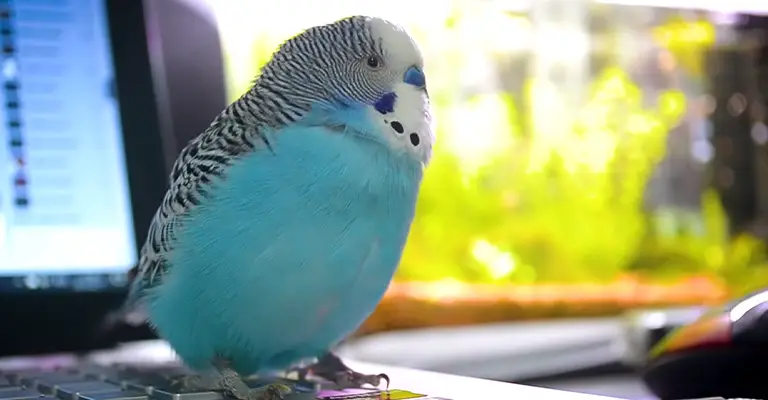
Why is My Bird Shaking? Here are the Causes
Below is what might be triggering shaking in your feathered friend:
1. Neurological Conditions
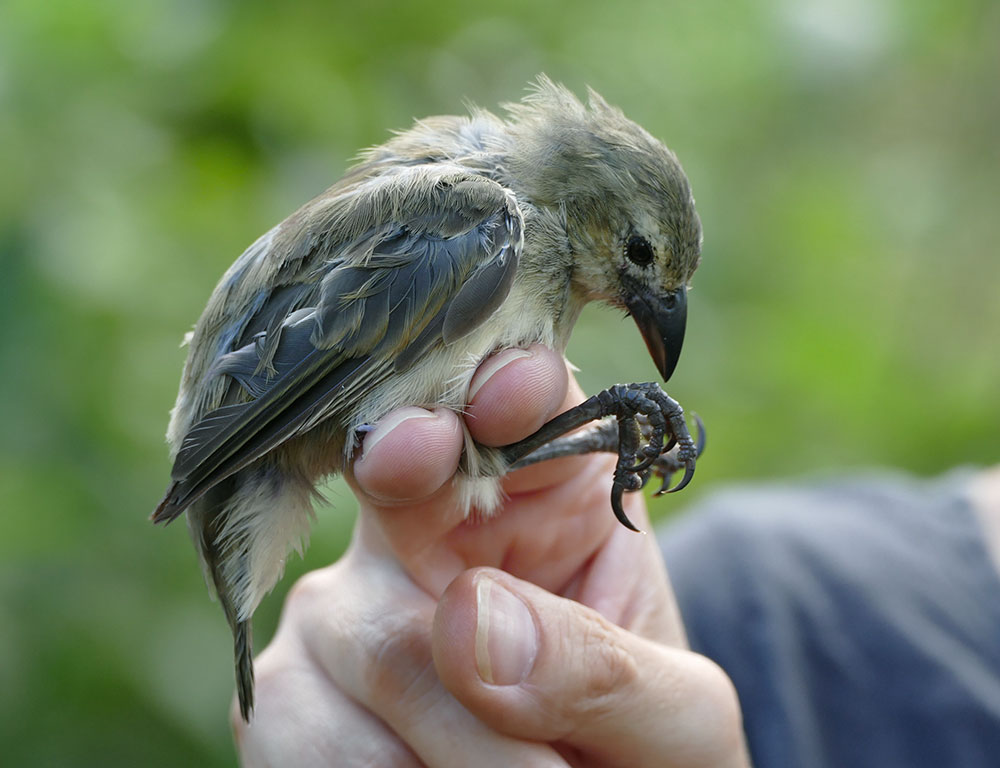
Neurological conditions such as brain tumors or head trauma can cause avian tremors. These conditions can cause damage to the brain, leading to shaking. Other symptoms of these conditions include seizures, weakness, or difficulty standing.
Birds that have suffered a head injury or tumor may also show signs of disorientation, confusion, or changes in behavior.
2. Metabolic Disorders
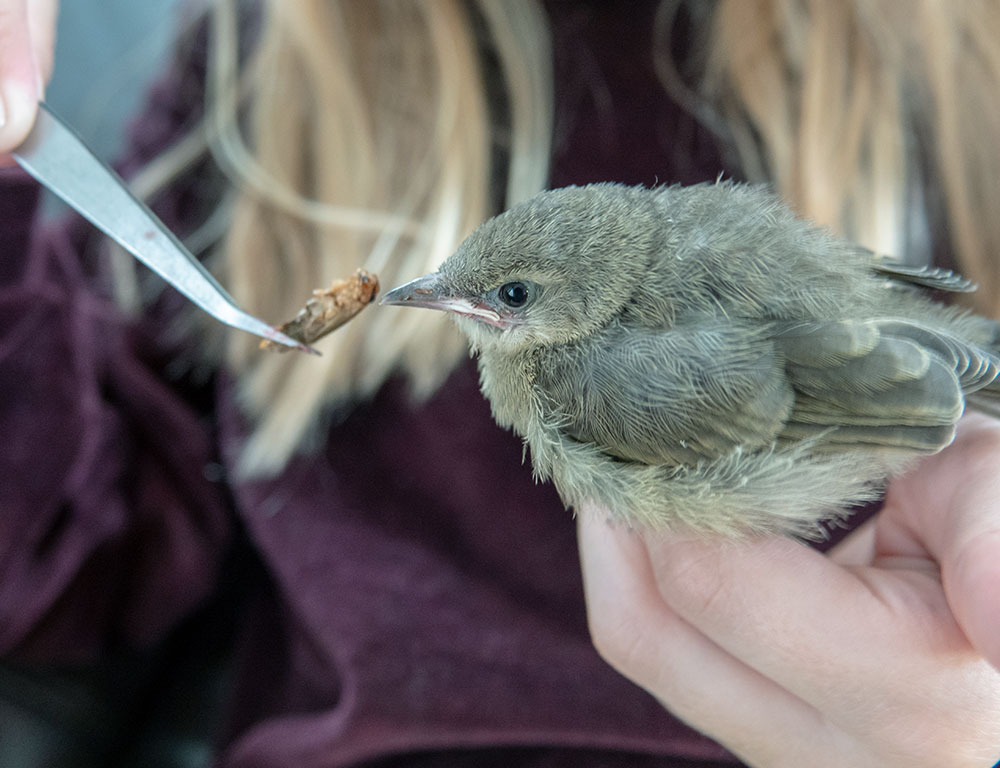
Liver damage, kidney disease, or hypoglycemia are a few metabolic disorders that can cause avian tremors as well. With these problems, the bird’s body will not function properly.
This will lead to a lack of energy, weakness, and shaking. Birds with metabolic disorders may also lose weight and have difficulty eating.
3. Lack of Exercise
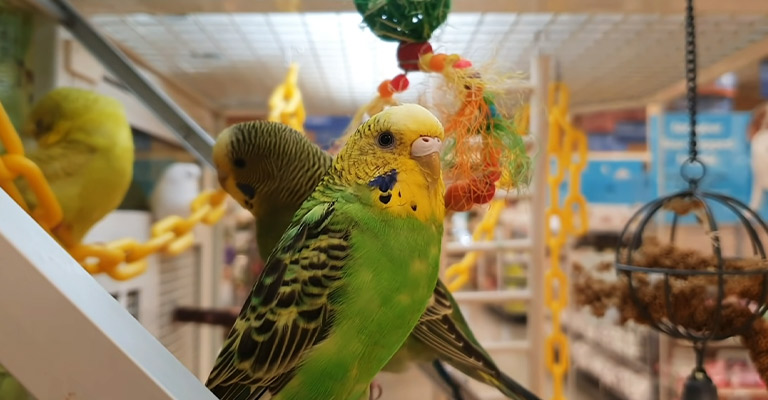
Birds need room to fly, stretch their wings, and move around to maintain good health. So, birds that don’t exercise may become overweight, develop muscle weakness, or experience tremors.
4. Poisoning or Exposure to Toxins
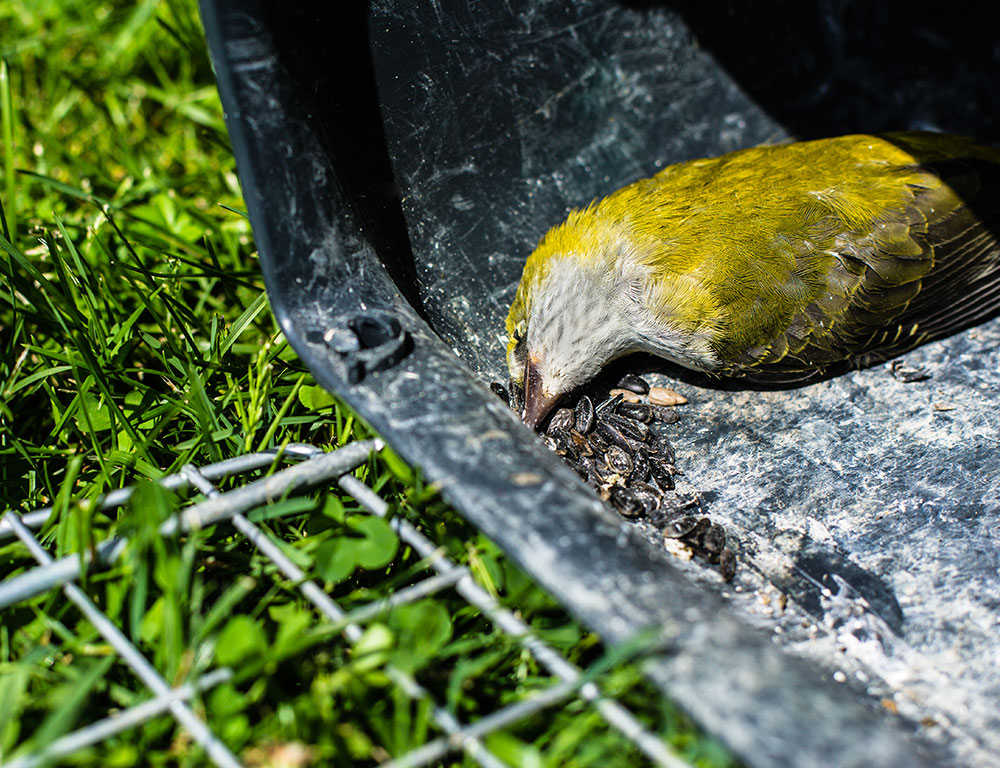
Toxins can cause damage to the nervous system and lead to tremors, weakness, and other symptoms such as vomiting or diarrhea. Birds may be exposed to toxins through their food or water or by living in an environment contaminated with toxins.
5. Respiratory Problems
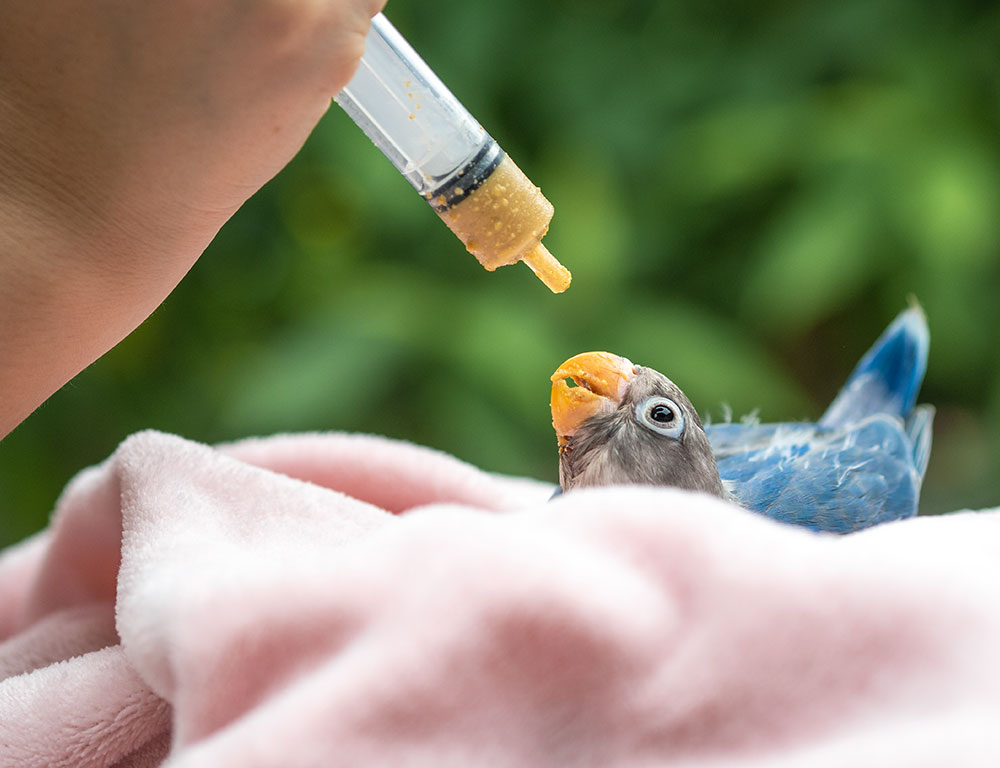
Infections or tumors in the respiratory system can cause avian tremors. These problems can cause difficulty breathing, coughing, sneezing, and nasal discharge. When severe, they can lead to shaking and other symptoms such as weakness or lethargy.
6. Cardiac Disease
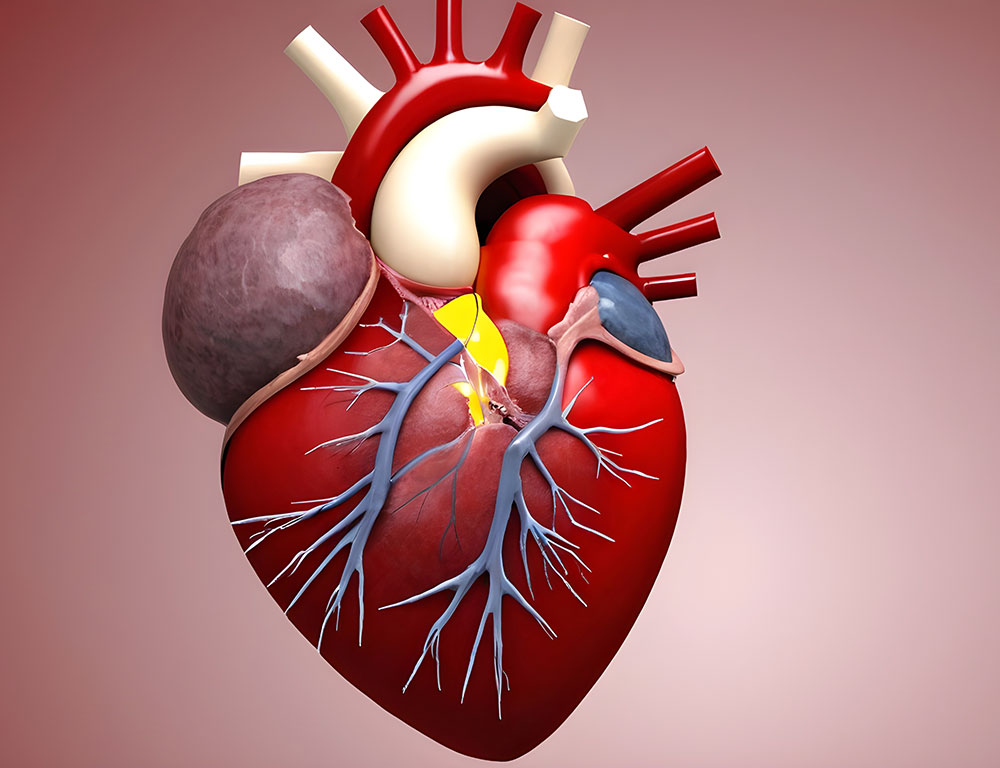
These diseases can cause the bird’s heart to not function properly. They can lead to tremors, weakness, and other symptoms such as difficulty breathing, coughing, or a change in their droppings.
7. Trauma
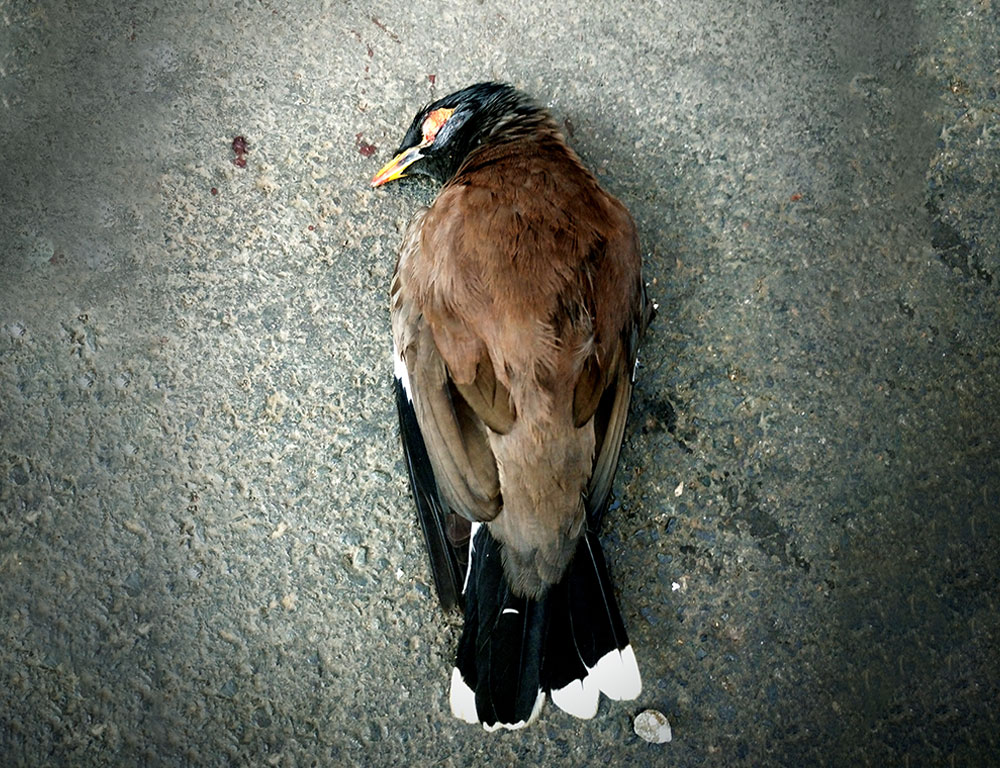
Trauma such as a broken bone or a wound can cause avian tremors. Birds that have suffered trauma may also show signs of disorientation, confusion, or changes in behavior.
8. Parasites
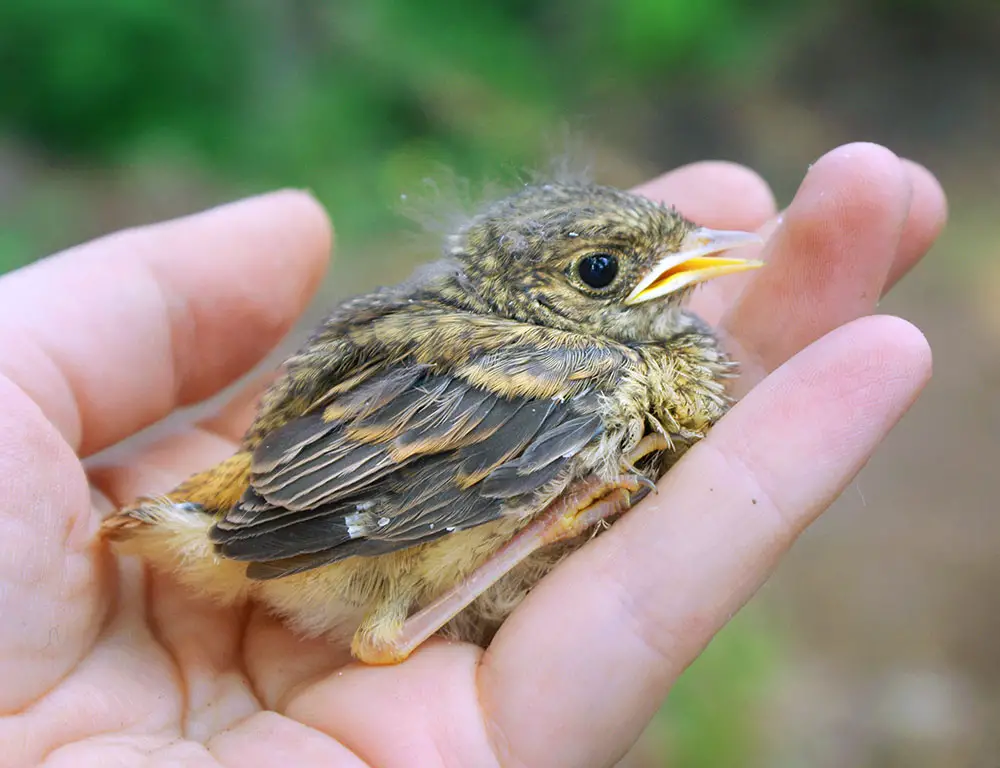
Internal parasites such as worms can cause malnutrition and weakness, leading to tremors. External parasites such as mites can cause itching and discomfort, leading to a bird shaking or trembling.
9. Temperature
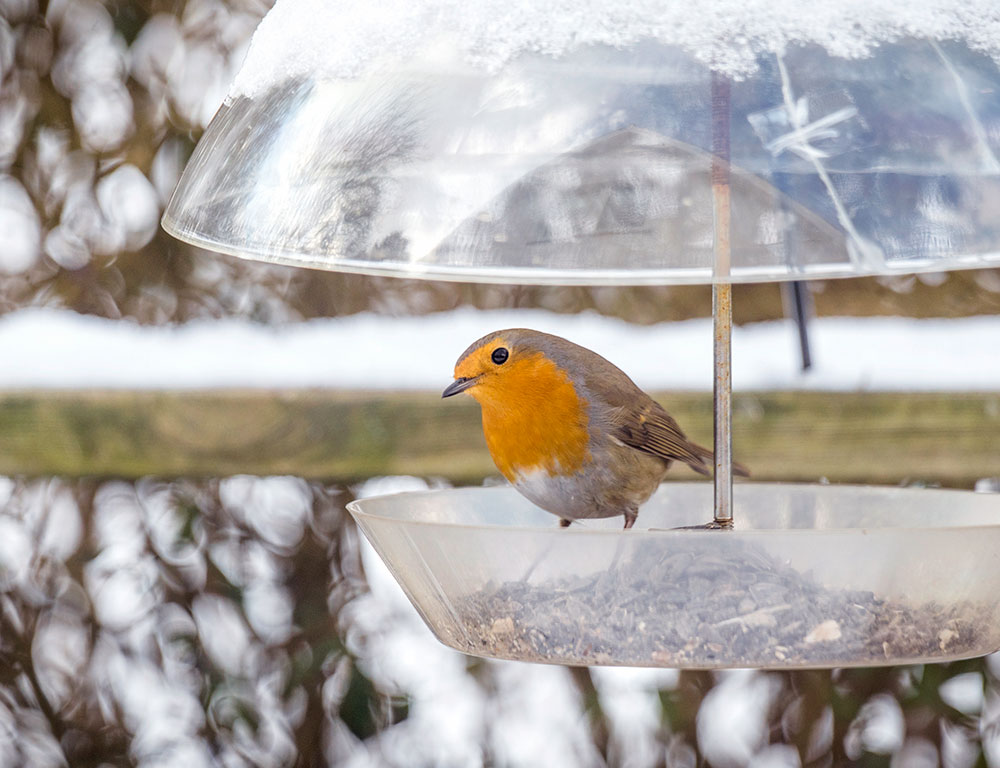
Birds are warm-blooded animals, and they are affected by changes in temperature. If a bird is exposed to cold temperatures, it may shake or tremble to keep warm. This is a normal response; the shaking should stop once the bird is in a warmer environment.
Like cold temperatures, hot temperatures can also cause a bird to shake or tremble.
10. Bacterial or Viral Infection
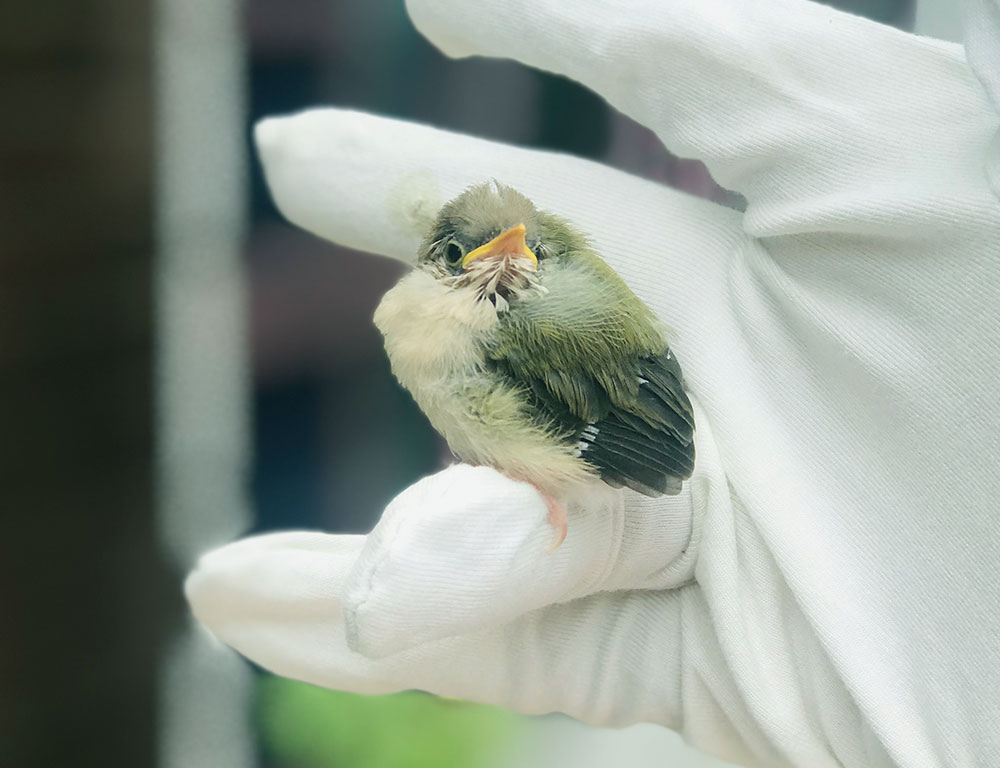
When a bird is infected, its immune system will try to fight off the infection by producing inflammation and swelling. The presence of bacteria or viruses in the bloodstream can also cause a fever. This can lead to trembling or shaking as the bird’s body tries to fight off the infection.
11. Emotions and Stress
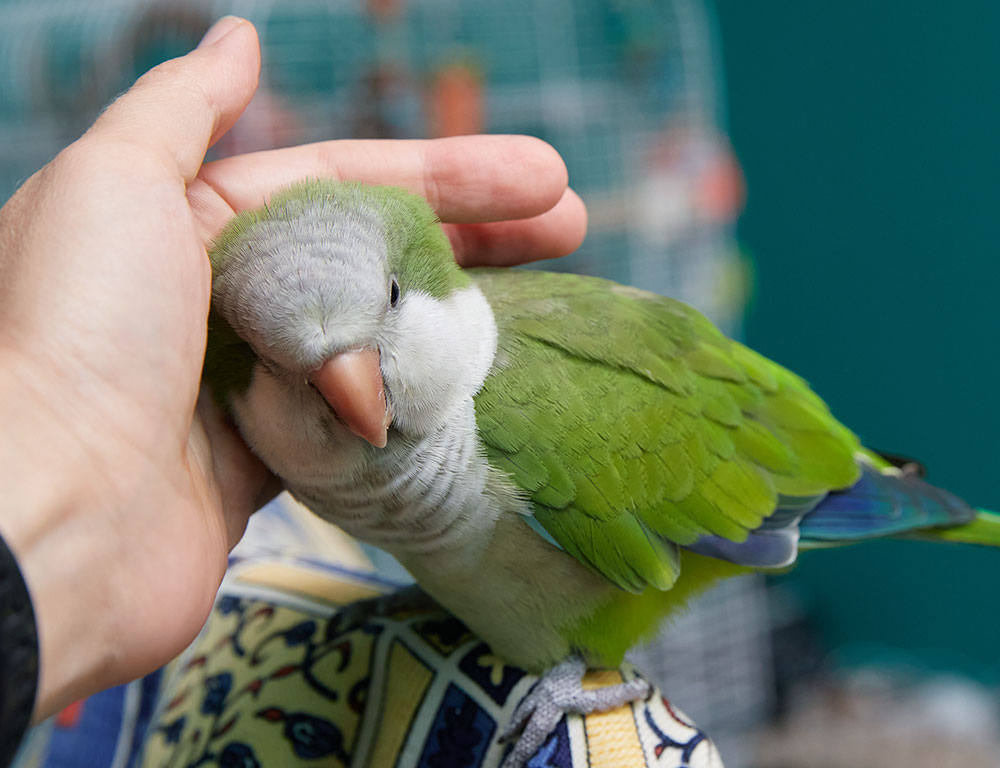
Birds are emotional creatures and can experience various emotions, such as fear, stress, anxiety, and excitement. These emotions can cause a bird to shake or tremble. For example, a bird that is excited or nervous may shake or tremble in anticipation of an event.
12. Rousing and Preening
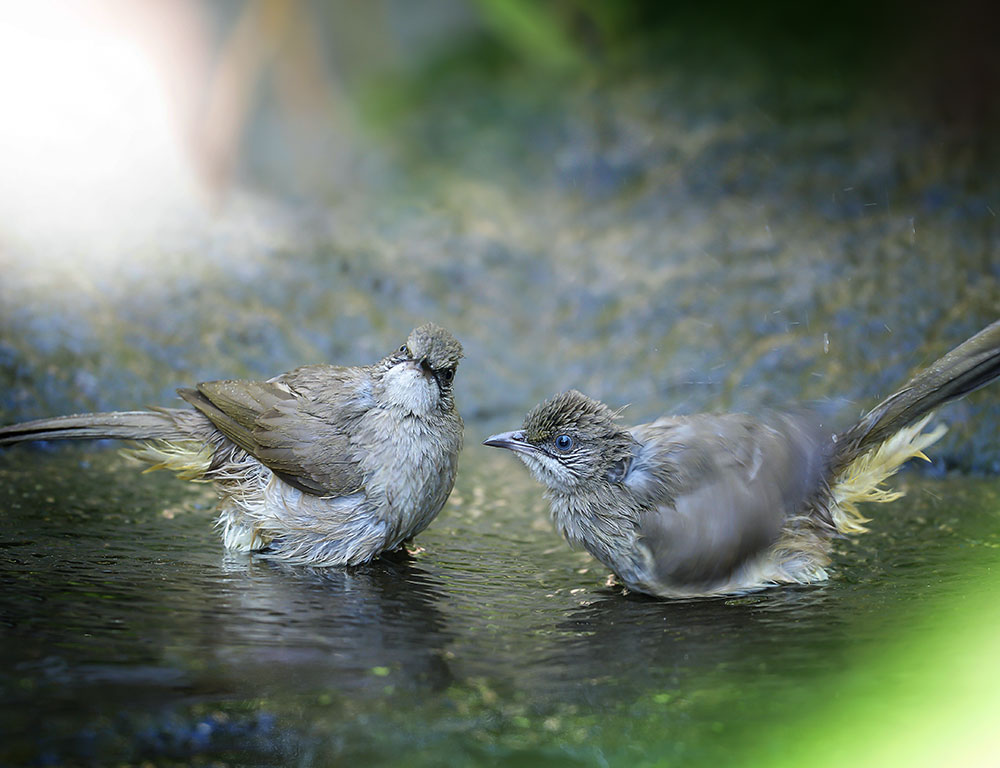
Rousing is a normal behavior in birds and occurs when a bird is preparing to sleep. During rousing, a bird will fluff its feathers and shake. Preening is also a normal behavior in birds and occurs when a bird is grooming itself.
13. Settling Arguments
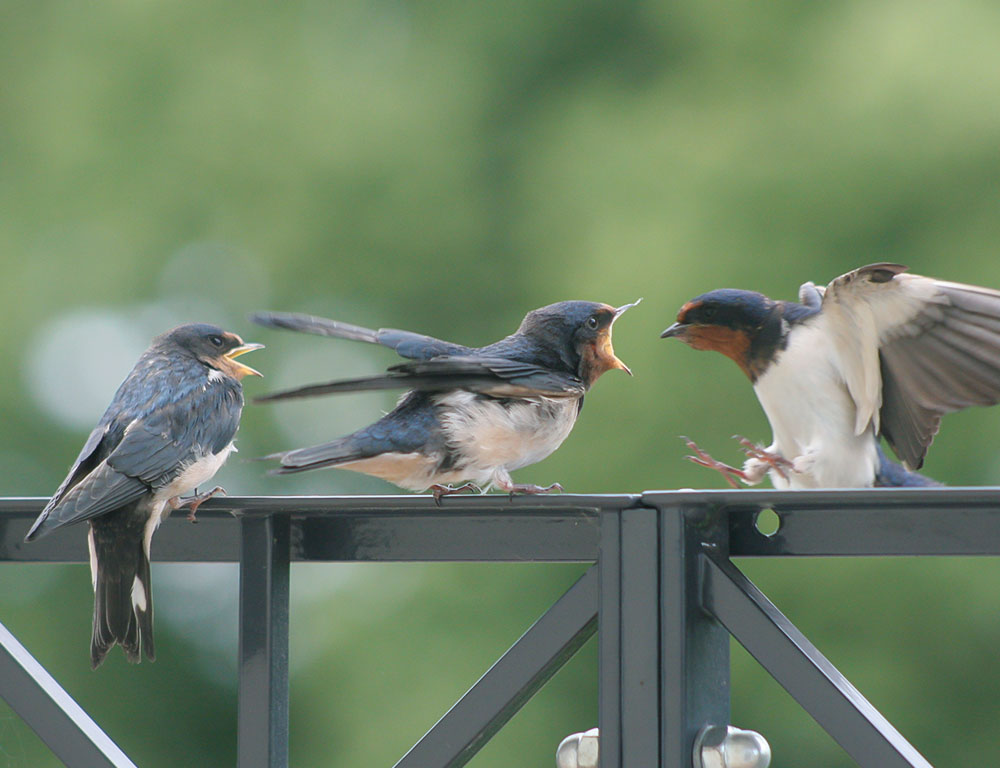
Birds are social animals and may engage in arguments or disputes with other birds. During these disputes, a bird may shake or tremble as it tries to assert its dominance.
14. Malnourished or Aged
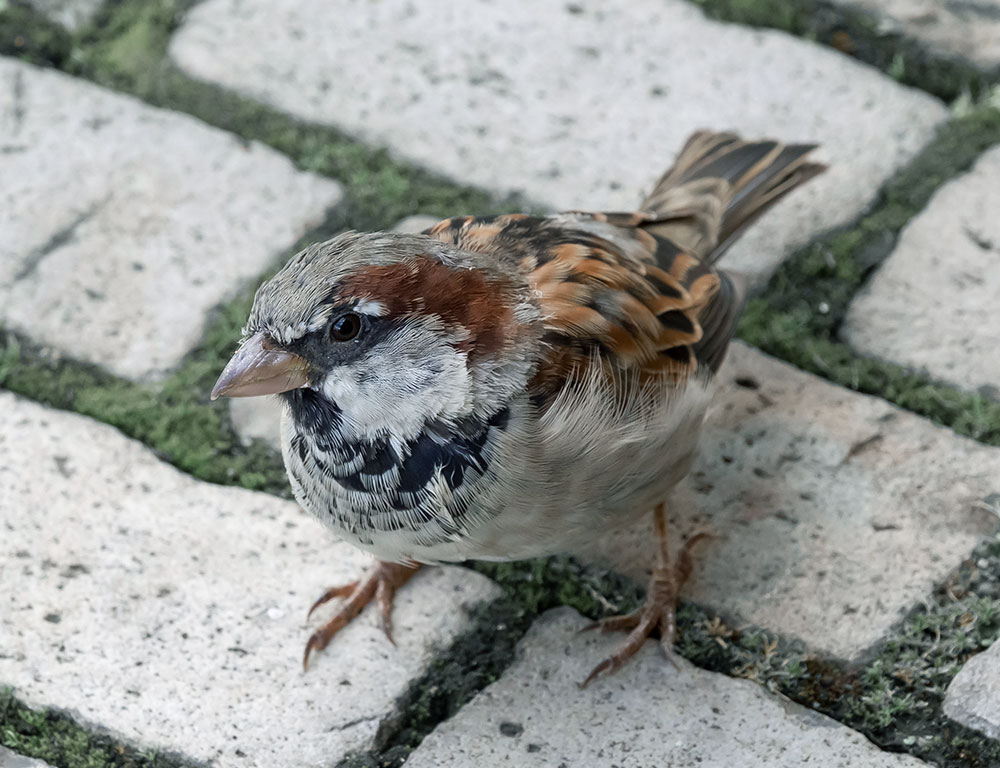
As birds age, they may become weaker and more susceptible to diseases and illnesses. One of the symptoms of a malnourished or aging bird is shaking or trembling.
15. It’s a Trait
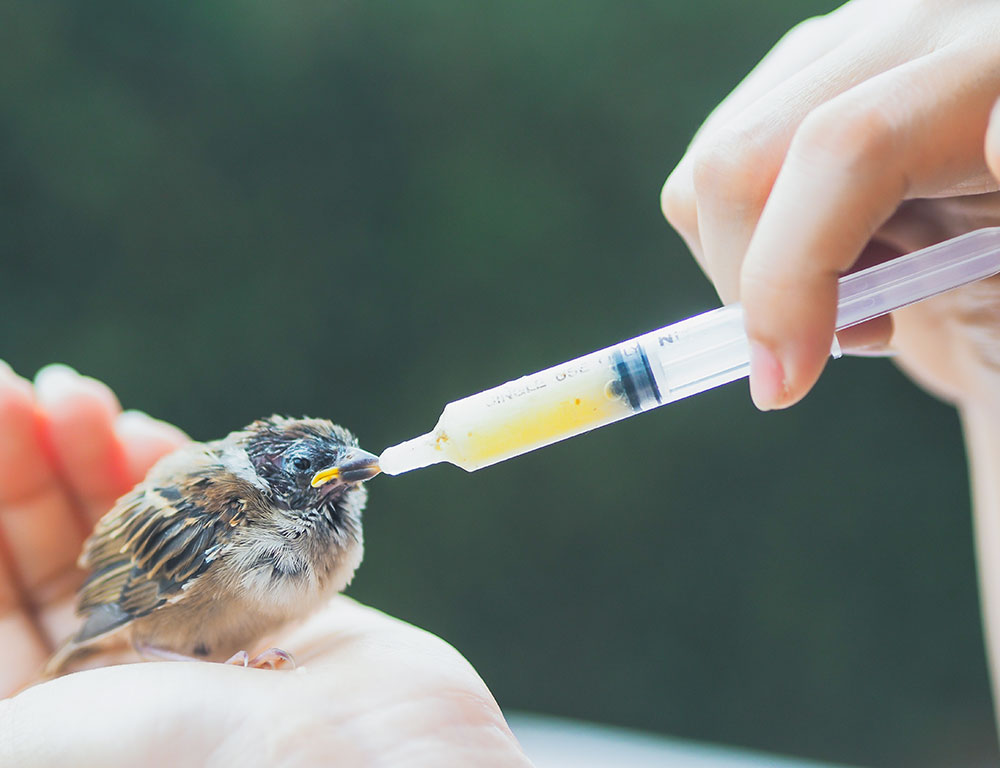
Some bird breeds tend to shake or tremble due to their genetics. For example, certain parrot breeds, such as African Grey Parrots, tend to shake or tremble due to their nervous system.
This is not necessarily an indication of an underlying health problem but rather a characteristic of their breed.
Diagnosis and Treatment of Avian Tremors
Here is how to diagnose and treat your avian pets:
1. Diagnosis
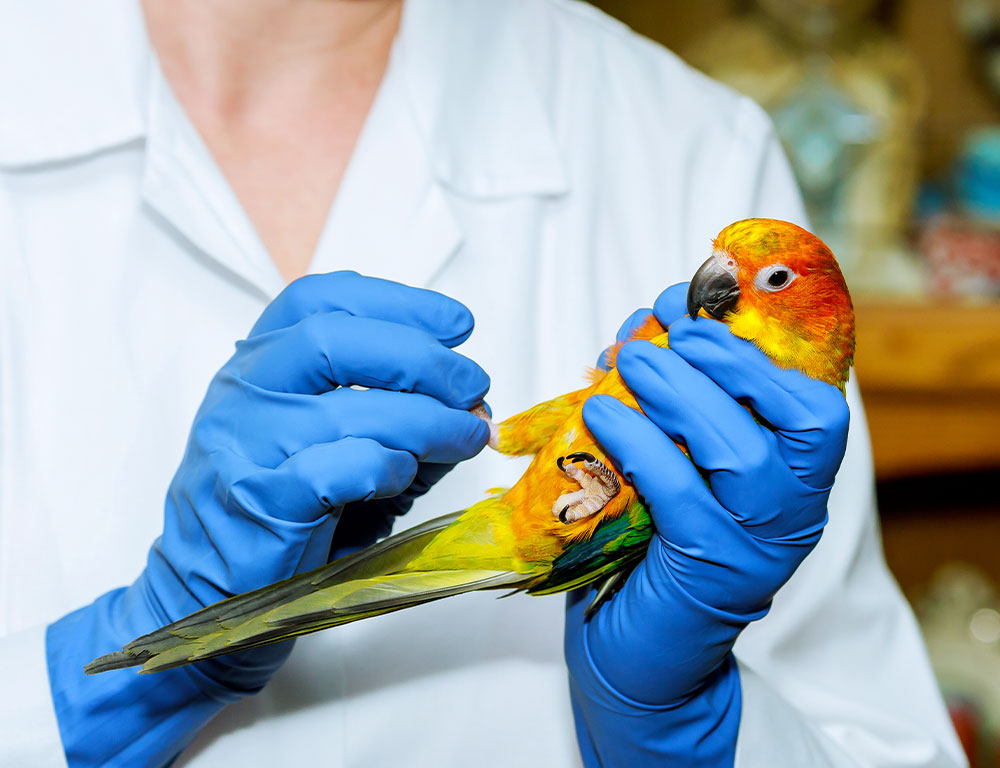
Diagnosing the cause of avian tremors can be a complex process that involves a thorough physical examination and various diagnostic tests.
The first step in diagnosing avian tremors is to examine the bird physically. This will include taking the bird’s temperature, checking its pulse and respiration, and examining its eyes, beak, and feathers. Look for any signs of swelling, discharge, or deformities.
If you can’t identify the cause, take it to a vet. They will perform various diagnostic tests to confirm the cause of the tremors and rule out any underlying conditions.
2. Treatment
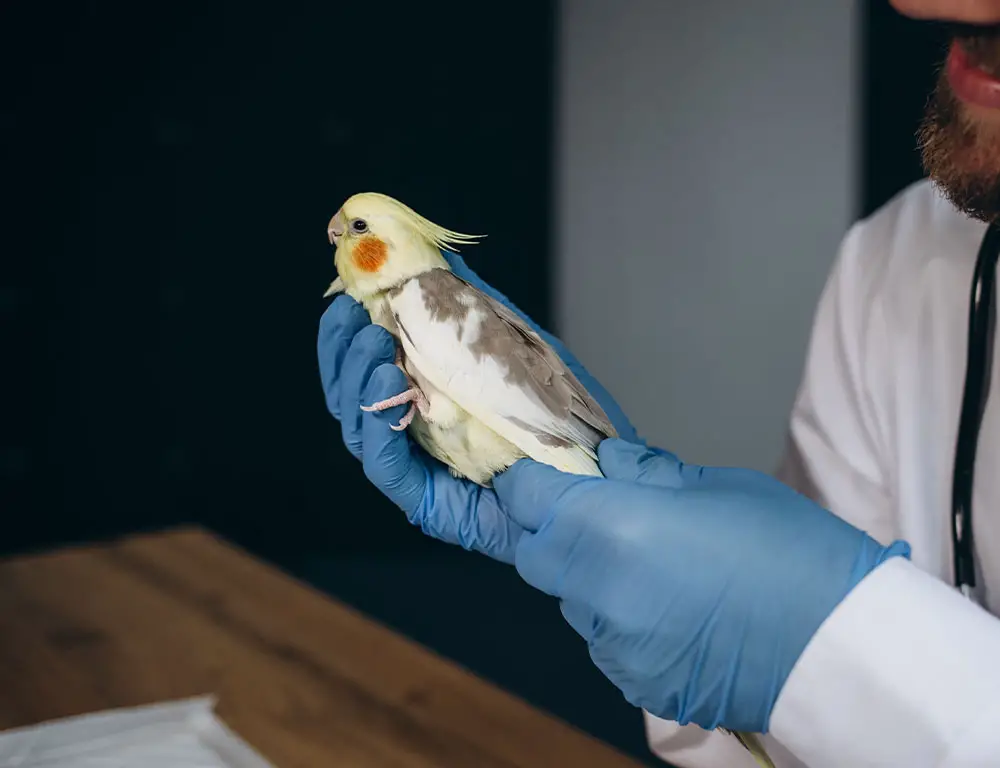
Treatment for avian tremors will depend on the underlying cause of the condition. In some cases, the shaking may be caused by a minor or temporary infection that will resolve independently with proper care.
However, in other cases, the tremors may be caused by a more severe condition requiring prompt vet treatment.
How to Prevent Avian Tremors
Employ the following measures to prevent your bird from trembling:
1. Provide a Clean, Balanced Diet
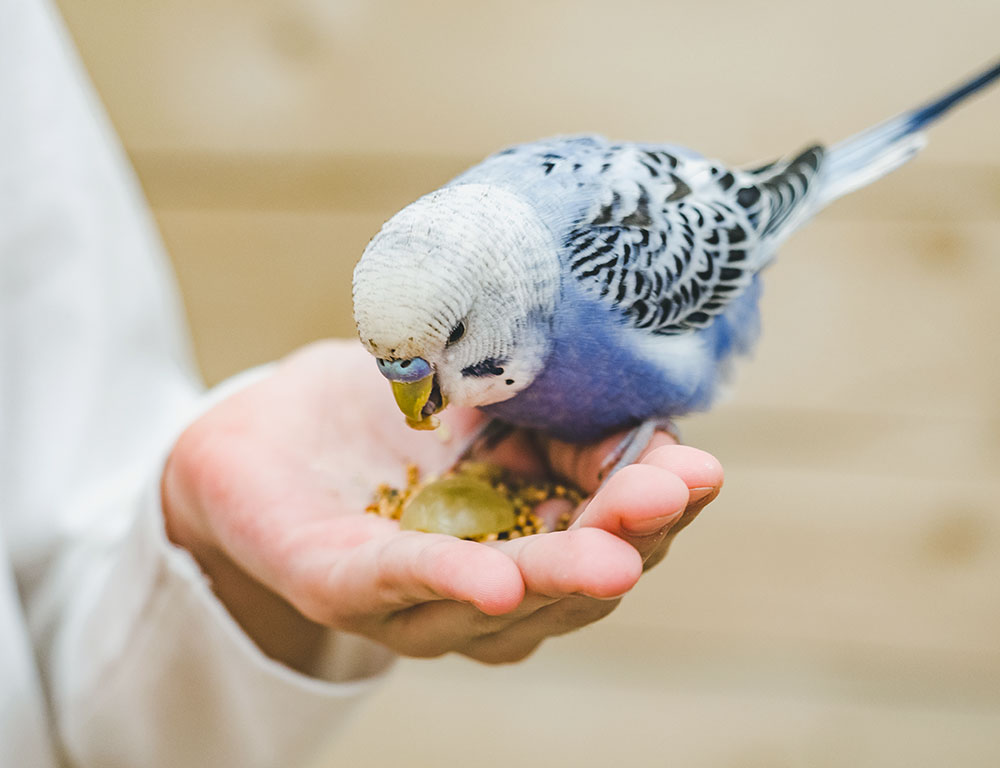
Some critical nutrients that birds need include protein, fat, carbohydrates, vitamins A and D, and minerals like calcium and phosphorus. Ensure the food is clean and free from toxins and poisons.
2. Reduce Stress
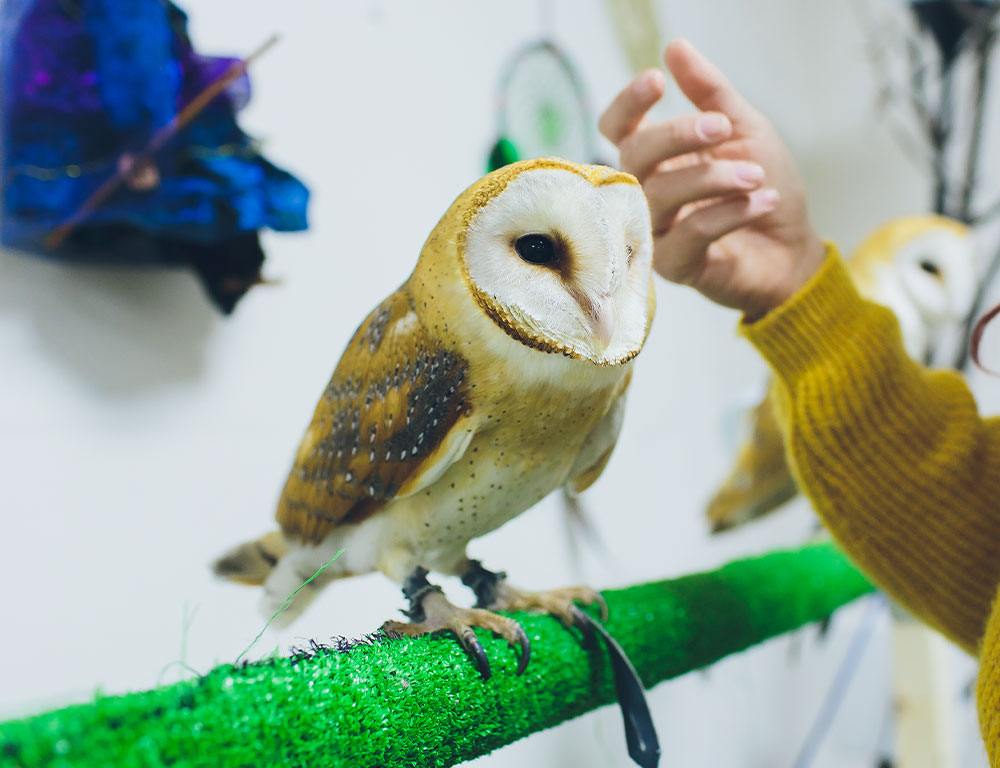
This may include things like providing them with a quiet and calm environment. Other measures include avoiding loud noises and sudden movements and avoiding overcrowding in their cage.
3. Regular Check-ups
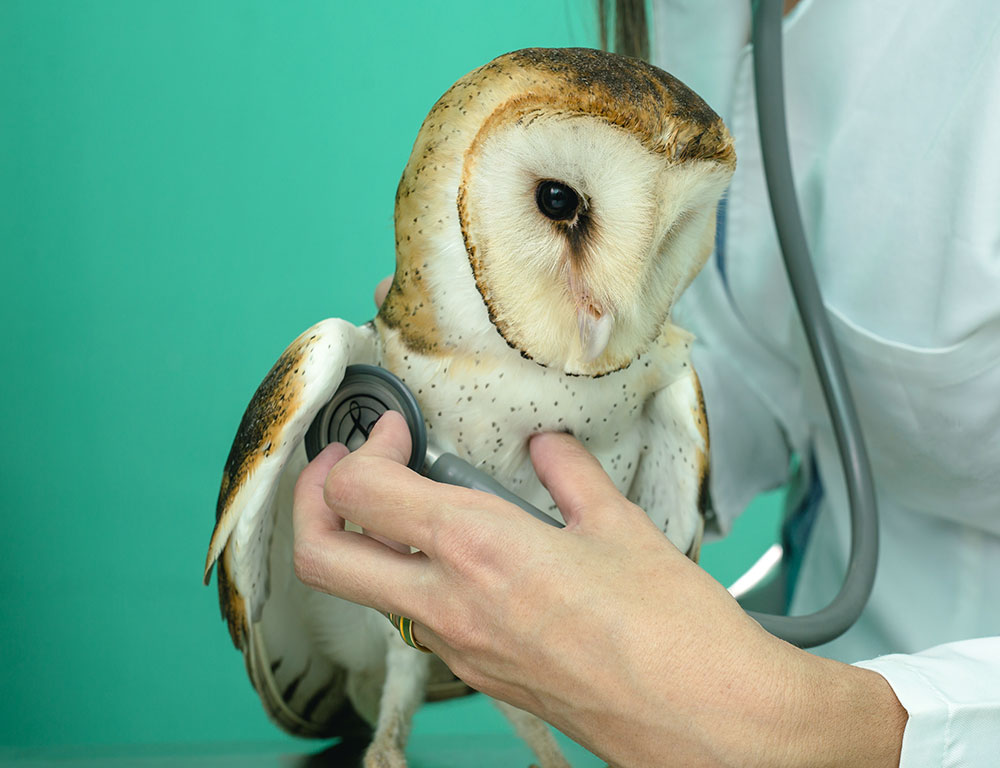
Regular check-ups with a veterinarian specializing in avian medicine help maintain your bird’s health. This will help catch potential issues early on before they become more serious.
4. Regular Exercise
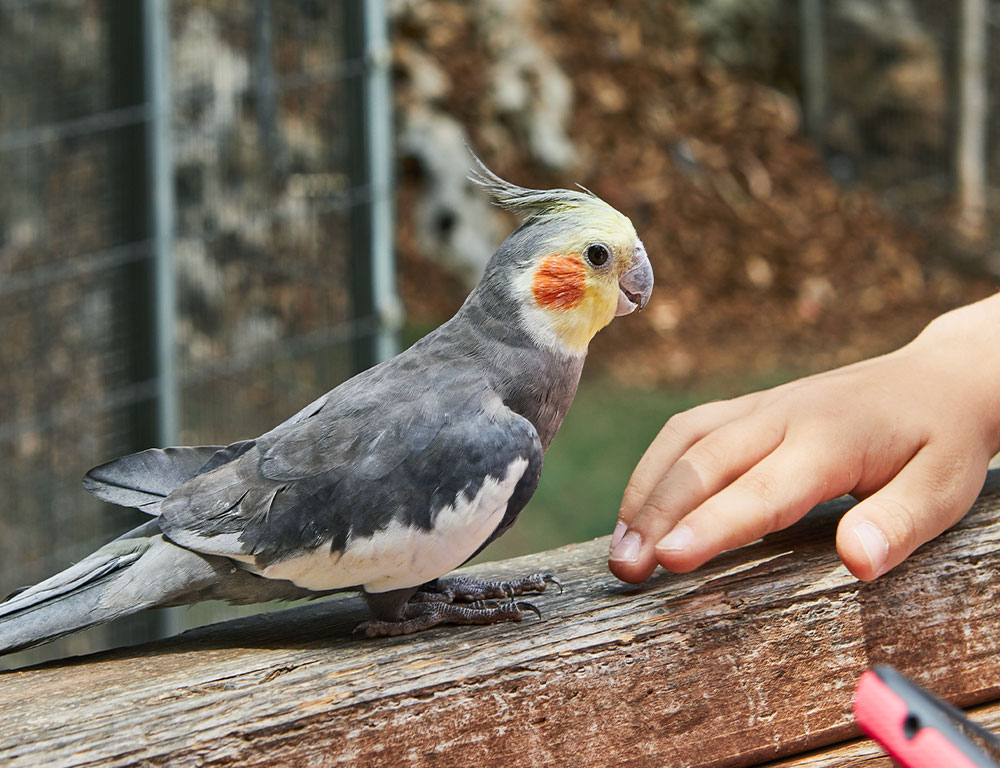
Birds are naturally active animals, and they need to be able to move around and stretch their wings to stay healthy. You should also provide them with plenty of toys and perches to keep them mentally and physically stimulated. And when possible, take your bird out of the cage and let it fly outside.
FAQs
Here are answers to common questions about avian tremors:
No. Giving your bird over-the-counter medications without consulting with a veterinarian is not recommended. Avian tremors can have various causes. It is always best to consult a veterinarian before giving your bird any prescription, over-the-counter or otherwise.
No. Avian tremors are not contagious and cannot be passed on to other birds in a flock. However, if the cause of the tremors is a contagious illness or infection, that can be passed on to other birds.
Conclusion
So, now you know the answer to the question, Why is my bird shaking? Your avian friend could tremble for various reasons, such as excitement, stress, underlying conditions, and others mentioned above.
Most of these causes can be prevented or managed to reduce shaking. Avian tremors should not be self-diagnosed or self-treated, as this can lead to further complications.
Remember that your bird’s health is of utmost importance, and proper care and attention are essential in keeping them healthy and happy.